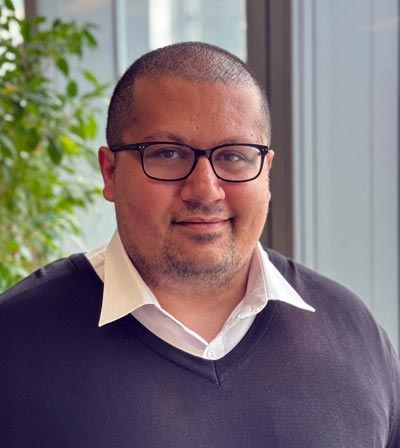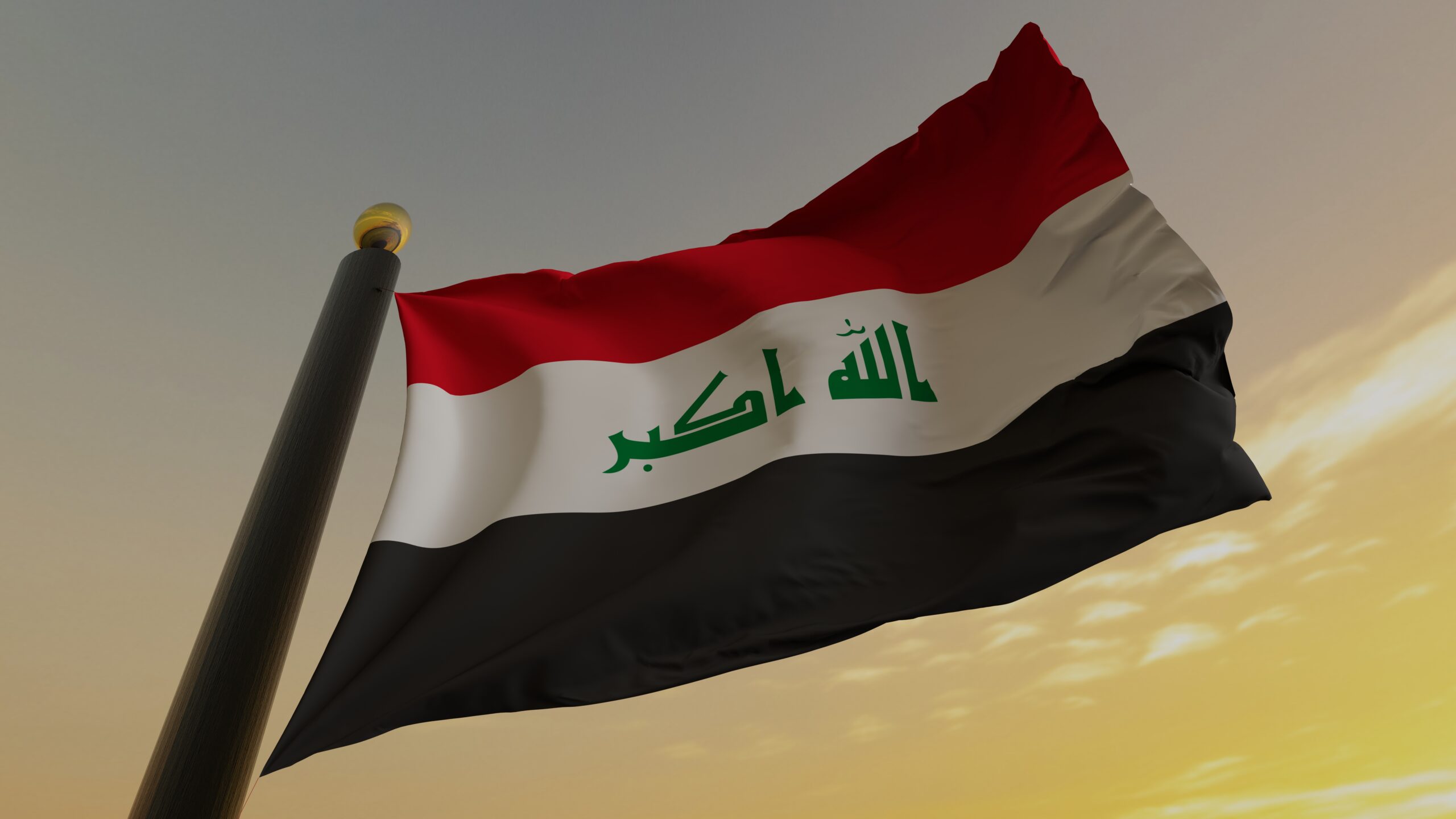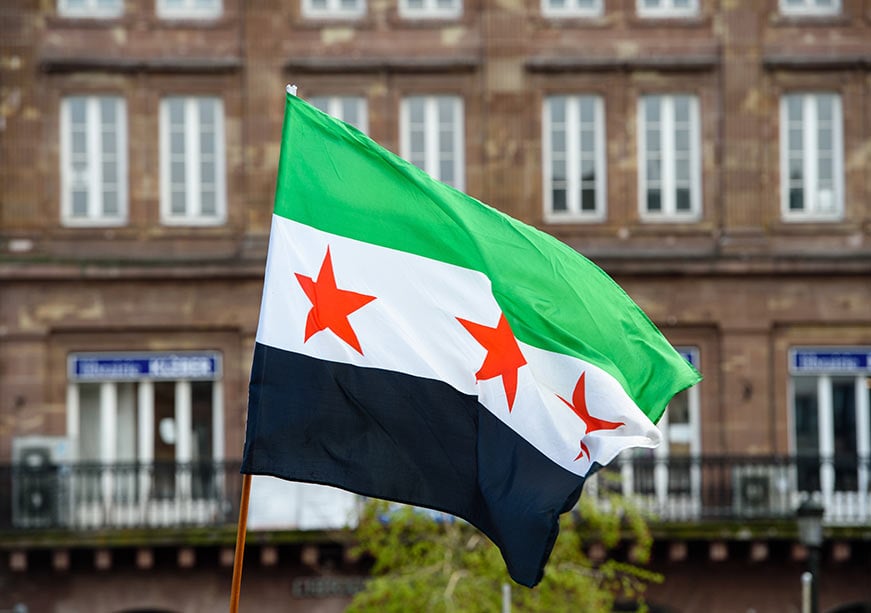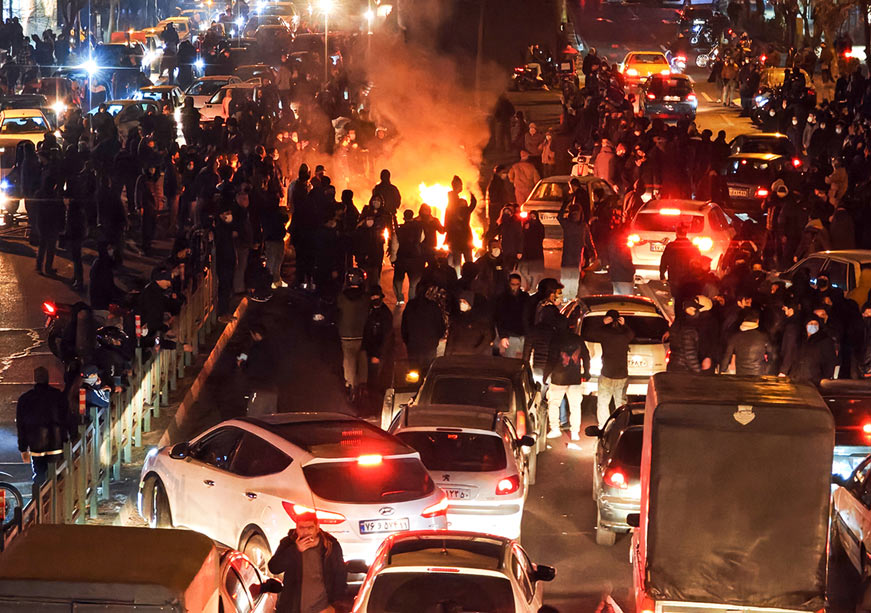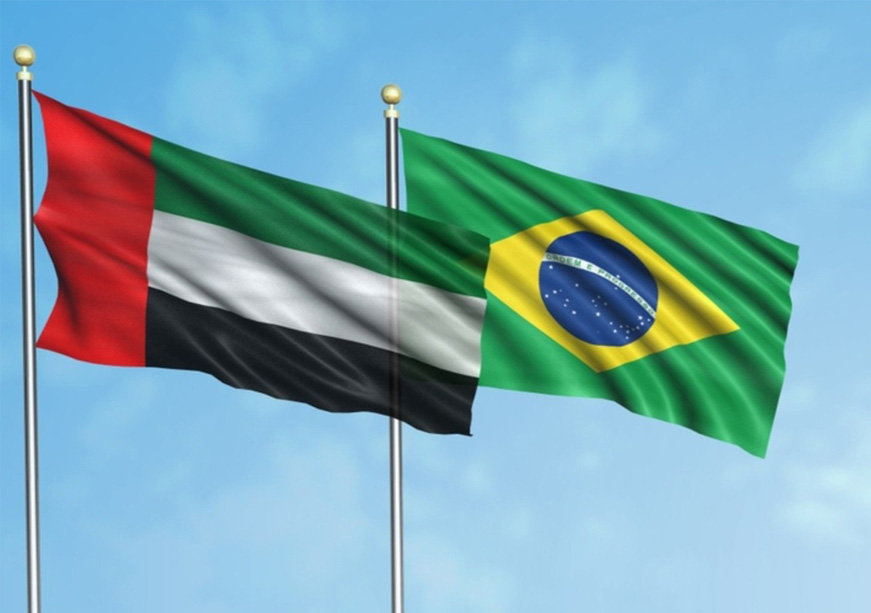Oman’s Discreet Diplomacy: A Valuable Iran Channel
Culminating in hosting a couple of rounds of the United States (US)-Iran negotiations this year, Oman’s friendly relations with the latter have proven invaluable. Oman’s mediation role with Iran has been described as “leak-proof” for its strict confidentiality during such negotiations. For example, its role in negotiations between Saudi Arabia and Iran before the 2023 deal between the two countries remains lesser known than China’s. This lends Oman a credible and valuable track-two role in the Gulf and US approach towards Iran, securing talks and deals when and if needed.
Moreover, despite its likely disillusionment with the US, owing to its involvement in the 12-day Iran-Israel War this year, Oman reportedly maintained discreet communication channels between its American and Iranian counterparts during the war, ultimately leading to a thus-far lasting truce. It has also brokered the release of detainees in Iran when needed. Oman seems to aim for success again in negotiations between the US and Iran, similar to its efforts before the 2015 Joint Comprehensive Plan of Action (JCPOA). It also had a more recent success with an Iranian proxy, the Houthis, in mediating the ceasefire agreed this year with the US.
Oman’s mediation role with Iran has been described as “leak-proof” for its strict confidentiality during such negotiations.
Having such a backdoor to Iran in the Gulf is valuable. Although some of the other Gulf states may err on the leak-proof and discreet nature by which Oman mediates – and at times would likely appreciate their inclusion and a heads-up – it is this discreetness that elevates Oman’s role.
Oman’s Push for a Collective Gulf Rapprochement with Iran
Furthermore, there is also an emerging anticipation that Oman seeks to expand this role. A recent exchange of statements at the 2025 Manama Dialogue illustrated an evolving Omani position that explicitly advocates for other Gulf states to follow in its footsteps, and the resistance it may face in doing so. The setting of this exchange was notable, given that Bahrain continues to have no diplomatic relations with Iran and considering the several challenges, has been slow in reconciliation.
Oman’s Foreign Minister Badr bin Hamad Al Busaidi said that “over the years, the GCC has at best stepped back and permitted the isolation of Iran. I believe this needs to change, and it needs to change now,” advocating for “inclusive dialogue” and “engagement”, rather than “containment” with Iran. While this stance is unsurprising to observers, it is rather new amongst official public statements. For example, an op-ed this year on Gulf News made a strong case about overlapping Gulf-Iran interests. Positive engagement with Iran does have its benefits, but there is no consensus on whether it outweighs the negatives.
Oman’s Foreign Minister Badr bin Hamad Al Busaidi said that “over the years, the GCC has at best stepped back and permitted the isolation of Iran. I believe this needs to change, and it needs to change now,”
An indirect response to the Omani foreign minister came the next day of the Manama Dialogue from Prince Turki Al-Faisal, former Saudi ambassador to Washington and London, and former director-general of Saudi Arabia’s intelligence agency. Al-Faisal questioned the “rosy” picture in which Iran was painted, despite its aggressive behaviour since 1979 and interference in the affairs of others. He also invited others to discuss the sincerity of Iran’s efforts to become an integrated partner in the Gulf or the world. This is, of course, not an official Saudi diplomatic statement, but a signal as to how Saudi Arabia may perceive the Omani position, should it solidify.
More is at stake than just competing rhetoric. Recent developments, such as the Iran-Israel 12-day war, leading to the Iranian strikes on the Al-Udeid base in Qatar in June 2025, and paving the way for an Israeli strike on Doha in September, have resurfaced a Gulf Cooperation Council (GCC) push for a joint defence architecture. Shortly after the Israeli strike on Doha, senior defence officials convened in the same capital to announce a strive to enhance intelligence exchanges, develop joint early warning systems, and transmit real-time air situation data to all member states. Such steps have echoed the GCC’s Joint Defence Agreement, Article II, from the year 2000.
While gaps remain in solidifying this push, the impetus lacks the resolve of one significant obstacle, which is crystallised by the aforementioned statements: unifying the Gulf’s threat perceptions and knowing which enemies to prepare for. If Oman’s push for better relations with Iran stems from a belief that Iran poses little or no threat to their security, then the commitment to strengthening the Gulf Cooperation Council’s (GCC) joint defence structure is in jeopardy unless other Gulf countries share that belief.
Al-Faisal questioned the “rosy” picture in which Iran was painted, despite its aggressive behaviour since 1979 and interference in the affairs of others.
Oman’s Growing Disillusionment with Israel Complicates Matters
More important than its threat perception of Iran, Oman’s position on relations with Israel is also important in getting Gulf buy-in for friendlier relations with Iran. There is an increasing disillusionment with Israel in Oman, which peaked during the Gaza war. “Despite all the efforts [to include] Israel and [integrate] it in the region, Israel and particularly [Prime Minister Benjamin] Netanyahu’s government ignored all the peace efforts and refused to engage in the two states solution process,” Dr Abdullah Baabood, a notable Omani scholar, has since noted.
Even in the months before 7 October 2023, which triggered the Gaza war, Oman appeared to have already become more anti-Israel. The Shura Council had been discussing and eventually voted for expanding the 1972 Israel Boycott Law. Specifically, they had requested that the boycott be expanded to include technical, cultural, economic, and sports relations, and that it prohibit all types of interactions—whether physical, virtual, or through any other means.
Overall, whereas there once was a time for observers to discuss Oman’s bilateral normalisation with Israel, such a prospect has become ever so unlikely. Case in point, the grand mufti of Oman, Sheikh Ahmed bin Hamad al-Khalili, has shunned such a prospect, describing it as a “losing deal” with an “expired authority”. Before recent developments, observers had been emboldened to raise the likelihood of normalisation after the signing of the Abraham Accords. They were encouraged to think so, given the several high-level meetings involving the leadership of both countries over the years. Sultan Qaboos had received Israeli Prime Minister (PM) Yitzhak Rabin in 1994, and the following year sent the foreign minister Yusuf bin Alawi to Rabin’s funeral in Jerusalem after his assassination. In 1996, then-PM Shimon Peres visited Salalah, and then, much later in 2018, it was PM Benjamin Netanyahu who became the last to visit Oman to date.
We have long known that Israel, not Iran, is the prime source of insecurity in the region.
This change in Oman’s foreign policy towards Israel comes at a time when two Gulf countries have normalised relations with it (Bahrain and the United Arab Emirates), while extensive reporting has gone into the prospect of a third (Saudi Arabia) following suit. The remarks at the 2025 Manama Dialogue by Oman’s Foreign Minister Badr Al Busaidi had also noted: “We have long known that Israel, not Iran, is the prime source of insecurity in the region”. However, if Oman presents friendlier relations with Iran as one that comes in parallel with harsher relations with Israel, it may fall on deaf ears. Therefore, the Omani advocacy for warmer Iran-Gulf relations may receive more popularity in Gulf-wide foreign policy, should that not come at the cost of relations with Israel. Nonetheless, as already noted, it still requires uniting the Gulf in reducing the threat perception of Iran, and even alone, it will not be an easy task.
Conclusion
Oman’s recent efforts to advocate for more cordial Gulf engagement with Iran mark a notable shift from passive mediation to a persuasive foreign policy that may test the regional consensus. It will require a recalibration of which nation constitutes the region’s primary source of insecurity. Moreover, while Muscat’s growing disillusionment with Israel resonates domestically and aligns with its moral outlook, it simultaneously distances Omani foreign policy from that of its Gulf counterparts that view Israel as a strategic partner. Regardless, Oman’s friendly relations with Iran will remain valuable for all Gulf countries (and the world). It is the emulation of this regional policy which will be a tough one to convince Oman’s neighbours of.
Mahdi Ghuloom is a Junior Fellow at the Observer Research Foundation – Middle East







